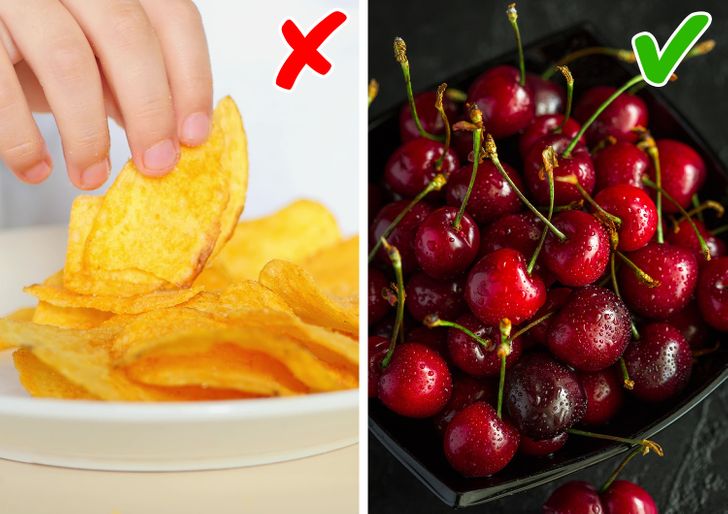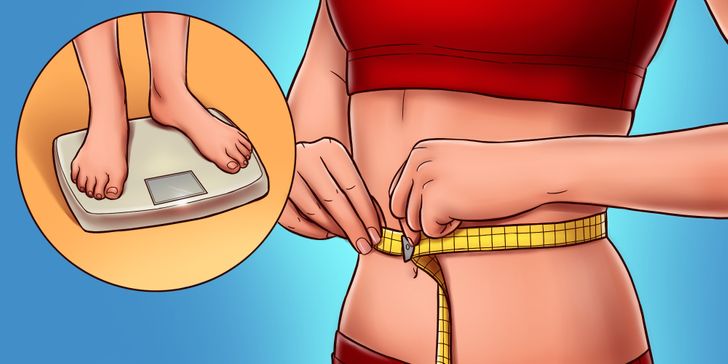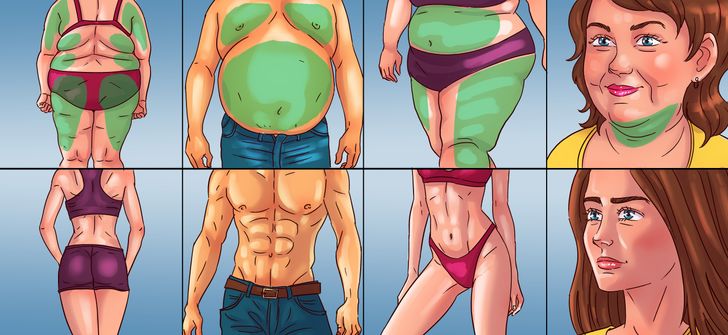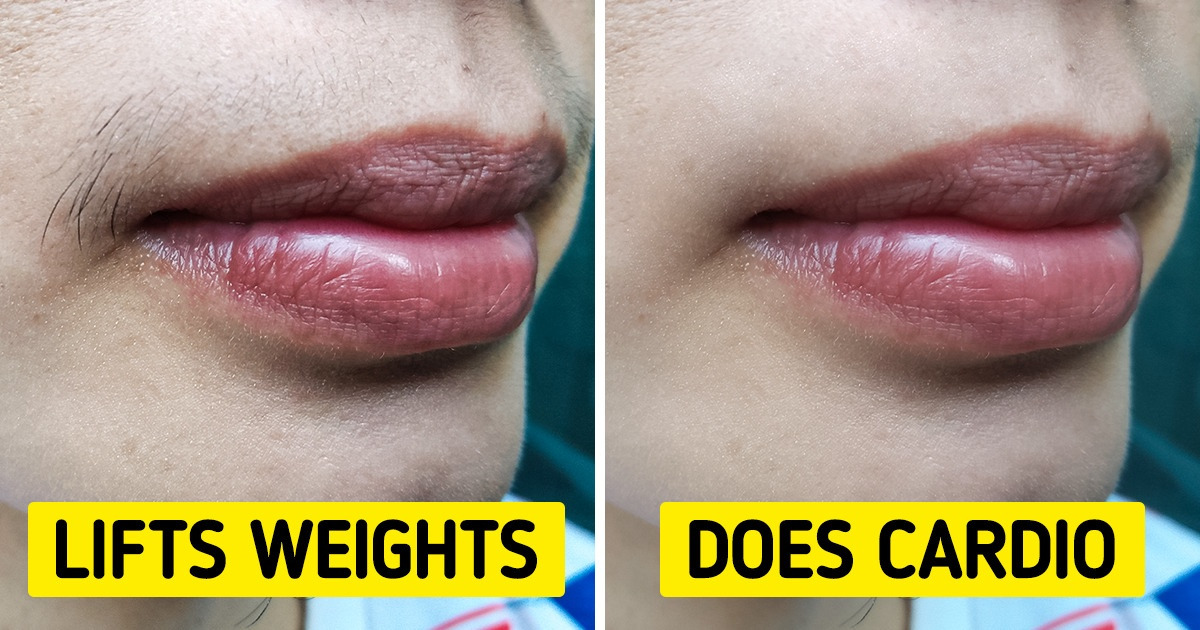Food addiction is a real struggle for many people, leading to overeating, weight gain, and even chronic health issues like obesity and diabetes. However, with the right strategies, you can take back control of your eating habits, break free from unhealthy cravings, and accelerate fat loss. In this article, we’ll explore eight actionable ways to combat food addiction while shedding excess fat. Let’s dive in!
How To Control Food Addiction
8. Replace Processed Foods with Nutrient-Dense Alternatives

One of the most significant contributors to food addiction is the consumption of highly processed foods. These products are often loaded with sugar, unhealthy fats, and artificial additives that trigger dopamine release in the brain, making them addictive. To combat this, focus on replacing processed foods with nutrient-dense alternatives.
Why It Works
Processed foods are designed to be hyper-palatable, meaning they’re engineered to make you crave more. By swapping these out for whole, unprocessed options like fruits, vegetables, lean proteins, and whole grains, you can stabilize blood sugar levels and reduce cravings. For example, instead of reaching for a bag of chips, try snacking on roasted chickpeas or carrot sticks with hummus.
How to Start
- Gradually phase out processed snacks by keeping healthier options readily available.
- Read labels carefully to avoid hidden sugars and trans fats.
- Incorporate more fiber-rich foods into your diet, as they promote satiety and reduce hunger pangs.
For more information on the dangers of processed foods, check out this study published in the Journal of Nutrition.
7. Control Your Portions to Prevent Overeating
Portion control is essential for managing calorie intake and preventing overeating. Many people unknowingly consume far more calories than their bodies need, especially when dining out or indulging in large servings at home.
Why It Works
When you eat oversized portions, your stomach stretches, requiring larger amounts of food to feel full over time. By controlling portion sizes, you train your body to recognize true hunger cues and prevent excessive calorie consumption.
How to Start
- Use smaller plates and bowls to trick your mind into feeling satisfied with less food.
- Measure servings using tools like measuring cups or a food scale until you become familiar with appropriate portion sizes.
- Avoid eating directly from packages; instead, serve yourself a reasonable amount and put the rest away.
According to research from the American Journal of Clinical Nutrition, portion control is one of the most effective methods for sustainable weight loss (source).
6. Eat Healthy and Regular Meals to Stabilize Energy Levels
Skipping meals or relying on sporadic eating patterns can wreak havoc on your metabolism and increase cravings for unhealthy foods. Establishing a routine of balanced, regular meals helps maintain stable energy levels and reduces the likelihood of binge eating later in the day.
Why It Works
Eating consistently throughout the day keeps your blood sugar levels steady, preventing energy crashes that lead to impulsive snacking. A well-balanced meal should include protein, healthy fats, and complex carbohydrates to keep you feeling full and energized.
How to Start
- Aim for three main meals per day, supplemented by one or two small, nutritious snacks if needed.
- Prioritize breakfast to kickstart your metabolism and set the tone for the rest of the day.
- Choose slow-digesting carbs like oats or quinoa to sustain energy longer.
The Harvard T.H. Chan School of Public Health provides excellent guidelines on building balanced meals here.
5. Change Your Social Habits to Support Healthy Choices

Social environments play a significant role in shaping our eating behaviors. If you frequently dine out with friends who indulge in unhealthy foods, it can be challenging to stick to your goals. Changing your social habits can help reinforce positive choices.
Why It Works
Peer pressure and social norms often influence what and how much we eat. Surrounding yourself with supportive individuals who prioritize health can make a world of difference.
How to Start
- Suggest active outings like hiking or biking instead of meeting at restaurants.
- Politely decline offers of unhealthy foods without feeling guilty.
- Find an accountability partner who shares your fitness goals.
A study published in Obesity Reviews highlights the impact of social influences on eating behavior (source).

4. Chew Slowly to Enhance Digestion and Satisfaction
Mindful eating practices, such as chewing slowly, can significantly improve digestion and enhance feelings of satisfaction after meals. This simple habit allows your brain enough time to register fullness, reducing the risk of overeating.
Why It Works
Chewing thoroughly breaks down food particles, aiding digestion and nutrient absorption. Additionally, slowing down gives your brain time to process satiety signals, which typically lag behind physical fullness.
How to Start
- Put your fork down between bites to pace yourself.
- Focus on savoring each bite rather than rushing through the meal.
- Avoid distractions like TV or smartphones during meals.
Learn more about mindful eating techniques from the Mayo Clinic here.
3. Pay Attention to Emotional Eating Triggers
Emotional eating occurs when people use food to cope with stress, sadness, or boredom. Identifying and addressing these triggers is crucial for overcoming food addiction.
Why It Works
Understanding why you turn to food emotionally empowers you to find healthier coping mechanisms. Whether it’s journaling, meditating, or exercising, alternative activities can fulfill emotional needs without derailing your progress.
How to Start
- Keep a food diary to track emotional triggers and patterns.
- Practice stress-reducing techniques like deep breathing or yoga.
- Seek professional support if emotional eating persists.
The National Eating Disorders Association offers valuable resources on emotional eating here.
2. Cook Meals at Home for Greater Control Over Ingredients
Preparing meals at home gives you complete control over ingredients, portion sizes, and cooking methods. This not only supports healthier eating but also saves money compared to dining out.
Why It Works
Restaurant meals are often higher in calories, sodium, and unhealthy fats. Cooking at home ensures you know exactly what goes into your food, allowing you to make smarter choices.
How to Start
- Plan weekly menus and prep ingredients in advance to save time.
- Experiment with new recipes to keep meals exciting.
- Invest in quality kitchen tools to make cooking easier and more enjoyable.
The Academy of Nutrition and Dietetics emphasizes the benefits of home-cooked meals here.
1. Take Care of Your Body Through Exercise and Sleep

Physical activity and adequate sleep are critical components of any successful weight-loss journey. Both contribute to improved mood, reduced cravings, and enhanced overall well-being.
Why It Works
Exercise boosts endorphins, helping combat stress-related cravings. Meanwhile, poor sleep disrupts hormones that regulate hunger, increasing appetite for high-calorie foods.
How to Start
- Incorporate both cardio and strength training into your workout routine.
- Aim for 7-9 hours of quality sleep each night.
- Establish a relaxing bedtime routine to promote better rest.
The Centers for Disease Control and Prevention (CDC) provides tips for improving sleep hygiene here.
By implementing these eight strategies—replacing processed foods, controlling portions, eating regularly, changing social habits, chewing slowly, addressing emotional eating, cooking at home, and prioritizing self-care—you can effectively manage food addiction and achieve faster fat loss. Remember, consistency is key, and small changes add up over time. Start today, and watch your health transform!









